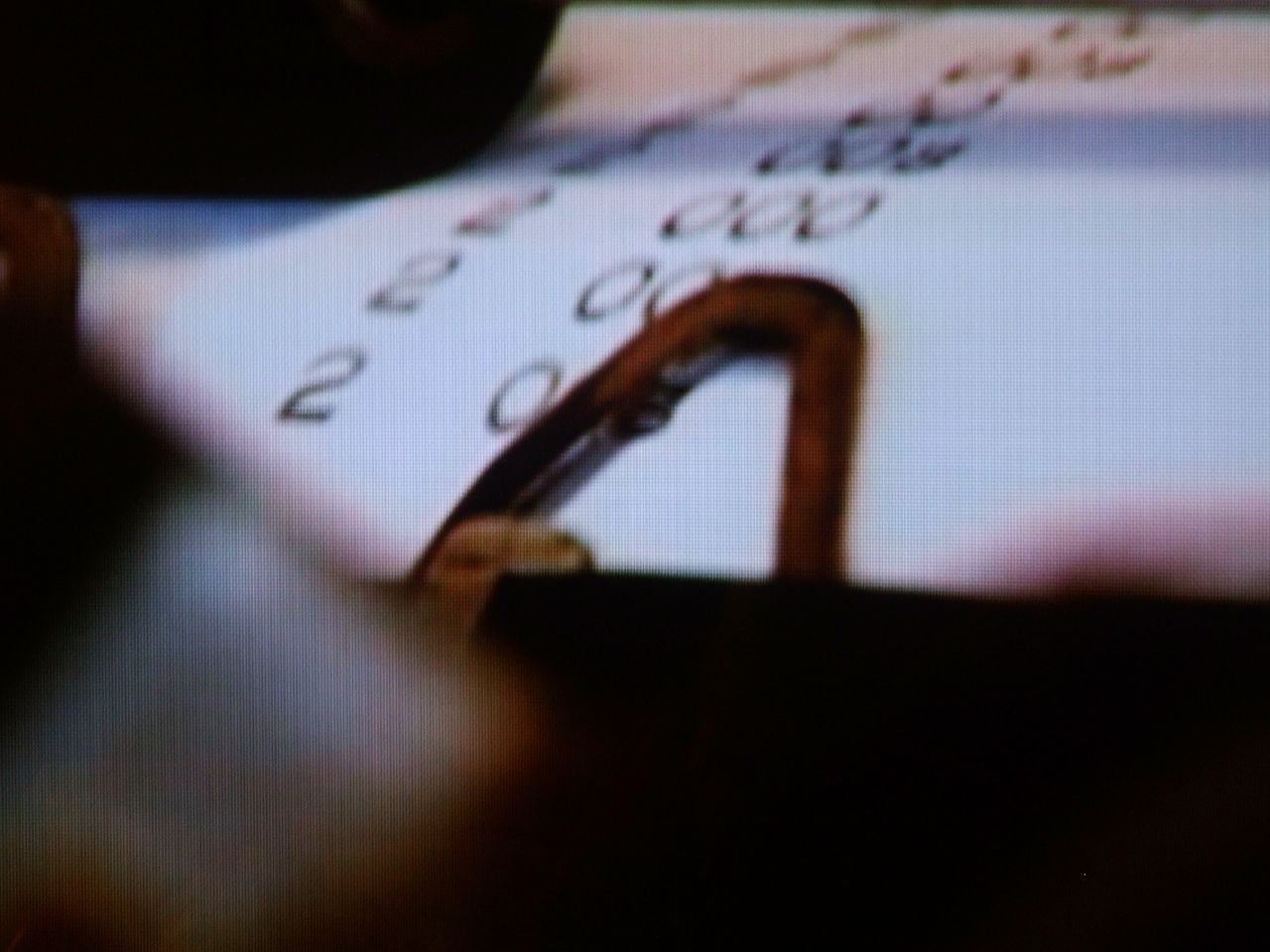$150 million worth of Nano, formerly known as RaiBlocks, were stolen from BitGrail, a cryptocurrency exchange based in Italy, merely two weeks after Coincheck experienced the largest cryptocurrency hacking attack in history.
In an official statement, the Nano core team stated that Francesco “The Bomber” Firano, the owner and operator of BitGrail, notified the Nano team about the unauthorized movement of funds from the wallets of BitGrail to external wallets.
During a conversation with the Nano core team, Firano suggested the Nano team to alter the ledger, or essentially fork the Nano blockchain, to restore the funds stolen from the BitGrail exchange. The Nano core team firmly rejected the proposal, emphasizing that BitGrail is not associated with Nano in any way, and as an independent business, it is responsible for its funds and operations.
“An option suggested by Firano was to modify the ledger in order to cover his losses — which is not possible, nor is it a direction we would ever pursue. BitGrail is an independent business and Nano is not responsible for the way Firano or BitGrail conduct their business,” said the Nano core team.
The Merkle reached out to the Nano core team and Troy Retzer, Community & Public Relations at Nano. Retzer explained that the theft of 15 million XRB, the native cryptocurrency of the Nano blockchain, was not caused by an issue or a vulnerability of the Nano blockchain.
“From our own preliminary investigation, no double spending was detected on the ledger and we have no reason to believe the loss was due to an issue in the Nano protocol. The problems appear to be related to BitGrail’s software. We do not have an answer yet on if it was a hack, at this point, we only know the information that BitGrail has given us,” Retzer told The Merkle.
As an independent business, BitGrail cannot request a public blockchain network to fork itself to cover its losses. Coincheck, which lost $430 million worth of NEM last month, reimbursed all of its traders and investors with company funds, admitting that the theft was caused by the poor infrastructure of the exchange. Coincheck had not requested the NEM core team to fork the NEM blockchain to restore funds.
At the time, the NEM team also stated that it will not conduct a fork to recover the losses of an independent business. The NEM team said:
“To some, the only solution to return the stolen XEMs is to execute a hard fork. In simple terms, a hard fork is the splitting of a single cryptocurrency into two. The idea is that this will somehow modify or reset the system in order to avoid the hacking. In the case of Coincheck’s hacking, this is not an option. Why? Simply because it was not NEM’s fault.”
Apart from funds used in short-term trades, the secure way of handling funds stored in cryptocurrencies is to use non-custodial wallets that allow users to hold private keys. Funds stored on centralized platforms are always vulnerable to hacking attacks and security breaches.

